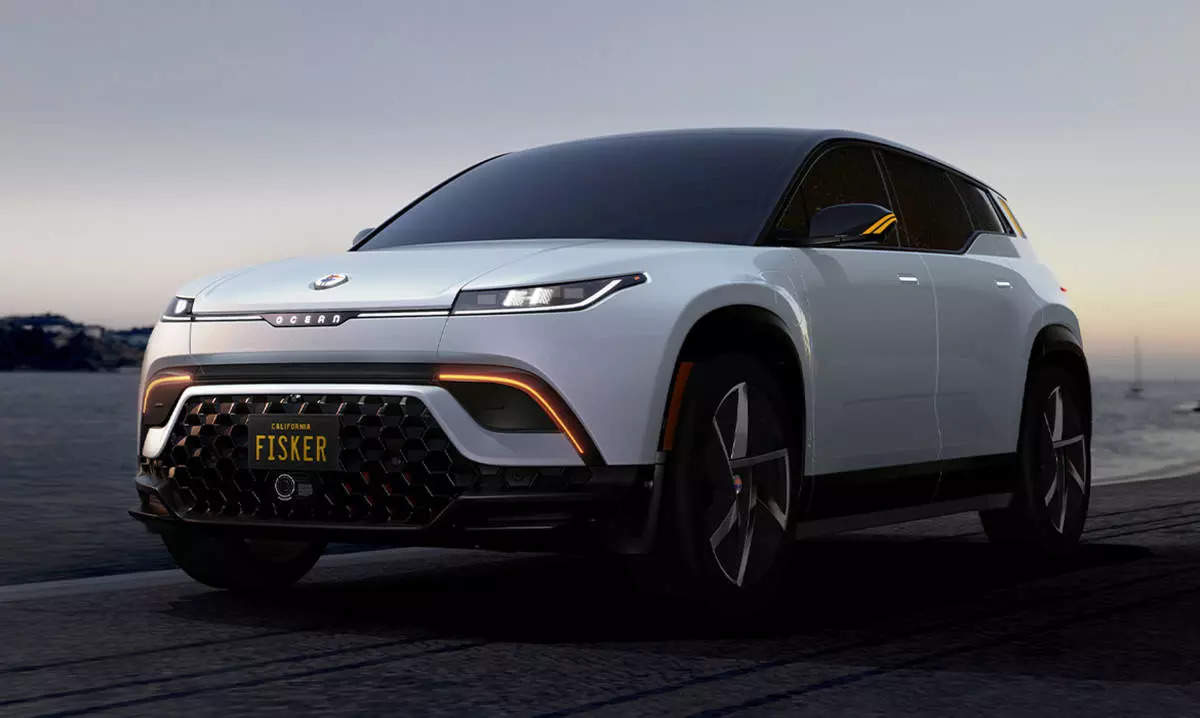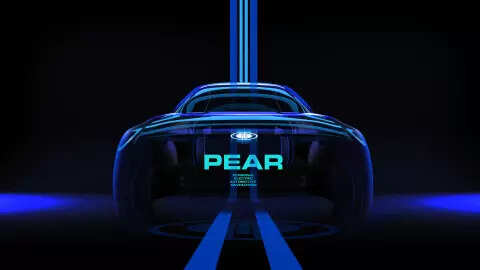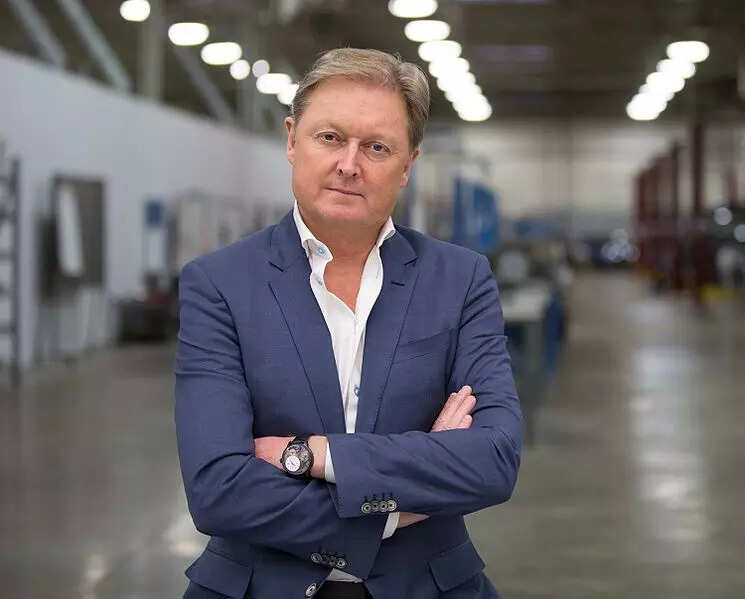
The US electric vehicle (EV) maker Fisker Inc. plans to open its first India showroom in the Delhi NCR in a few months. It will be followed by the first set of deliveries of its Ocean electric SUV by July next year. The California-based EV company with a claimed 60,000 bookings for the Ocean, will launch the SUV in November.
A few of those bookings, possibly in double digits, are from India. It’s only a few weeks ago that Fisker Inc. decided to start production of the right hand drive version of the Ocean from next year. “We will look at how the market develops in India over the next couple of years. And that’s why we want to start building a presence, getting a few cars in here, putting a showroom, etc.,” Henrik Fisker, acclaimed automotive designer and Chairman and CEO of Fisker Inc, told ETAuto.
Local production of sub-INR 20 lakh EV from 2024
Even if the order numbers for the Ocean rises from India, Fisker Inc will not be able to deliver them before 2024 as the current order size, which could potentially get the company USD 4 billion in revenue, is more than the annual production capacity of manufacturing partner Magna’s plant in Graz, Austria.

What Fisker is bullish on is the second model, the project PEAR, to have a fair presence in the growing Indian electric passenger vehicle market which saw cumulative sales of around 22,000 units in 2021-22. The market is expected to more than double this year. The model is being engineered with a target starting price of less than USD 20,000 (INR 16 lakh).
“If we can get under USD 20,000, I think we could take a big chunk of the market if you have a super exciting vehicle that’s different from everybody else’s that’s electric,” Fisker said. The PEAR project is being engineered in the USA, with Fisker Inc.’s India technical centre based in Hyderabad supporting the software engineering side. The local team of around 50 engineers is also engaged in the Ocean SUV project.
An investment of around USD 700 million could be made to set up a manufacturing base in India. “You have to invest USD 700 million to USD 800 million, probably in the plant that could do 50,000 units a year. And then we would also need to set up battery manufacturing locally here,” he said.
A joint venture (JV) route for either of the two is likely. “That’s something we’re exploring,” Fisker added. Fisker had earlier stated that the company will leverage its manufacturing partnership with Foxconn to build vehicles in India too. While that option still remains, the American company says it has also been approached by a “couple of Indian companies” to strike a JV deal.
“You have to do 30,000 to 40,000 vehicles a year, to really make it make sense. One could, of course, also export a bit to the rest of Asia. But you need to have an annual capacity of at least 30,000 to 40,000, ideally, 50,000 units,” Fisker said.
Fisker Inc., founded 5 years ago with an asset light business model, has raised around USD 2 billion so far, and expects to achieve breakeven at the product level next year. “We’re going to keep investing into new products, but the Ocean programme itself will reach breakeven next year, because we have a contract manufacturer delivering a vehicle for a set price.”
There was a teaser of a pickup model earlier, but that’s not in the company’s plans now, though it may look at in the future. What’s lined up to come the same year as the PEAR project is a luxury coupe convertible codenamed Project Ronin. The vehicle is being engineered in the UK.
“We’re trying to get all vehicles up by 2025 or thereabouts,” Fisker said. By then, given the growth trajectory of the Indian EV industry, India could begin to be a significant market, a sourcing and manufacturing base, and a software engineering hub for the American EV maker. Electrics in the Indian passenger vehicle market are projected to have a share of 10%-30% by 2030.
Read More:


















